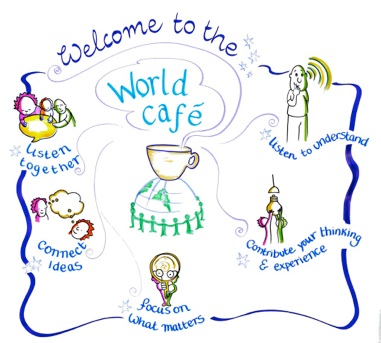Listening




will you please just listen?
“When I ask you to listen and you start giving advice, you have not done what I have asked.
When I ask you to listen and you start telling me why I shouldn't feel the way I do, you are invalidating my feelings.
When I ask you to listen and you start trying to solve my problem,
I feel underestimated and dis-empowered.
When I ask you to listen and you start telling me what I need to do
I feel offended, pressured and controlled.
When I ask you to listen, it does not mean I am helpless. I may be faltering, depressed or discouraged, but I am not helpless.
When I ask you to listen and you do things that I can (and need to) do for myself, you hurt my self-esteem.
But when you accept the way I feel, then I don't need to spend time and energy trying to defend myself or convince you, and I can focus on figuring out why I feel the way I feel and what to do about it.
And when I do that, I don't need advice, just support, trust and encouragement.
Please remember that what you think are irrational feelings always make sense if you take time to listen and understand me”
An anonymous adolescent's plea
listening in a World Café
Listening is a gift we give to one another. The quality of our listening is perhaps the most important factor determining the success of a Café. Whole books and courses have been written about how to listen. One of our favorite analogies comes from jazz great Wynton Marsalis who explains that when jazz musicians get together to jam, whoever is the best listener ends up contributing the most to the music, because they are able to play off of whatever is being offered by the other cats in the band. Café conversations share that jazz element of inviting each person to express themselves authentically, and those who listen skillfully are able to easily build on what is being shared. A few tips for improving our listening:
Ask folks to notice their tendency to plan their response to what is being said, and inquire internally as to how they can best support themselves and others as both speakers and listeners
-
 Listen as if each person were truly wise,
Listen as if each person were truly wise,
and sharing some truth that you may have heard before
but do not yet fully grasp -
 Listen with an openness to be influenced by the speaker
Listen with an openness to be influenced by the speaker -
 Listen to support the speaker in fully expressing themselves
Listen to support the speaker in fully expressing themselves -
 Listen for deeper questions, patterns, insights and emerging perspectives
Listen for deeper questions, patterns, insights and emerging perspectives -
 Listen for what is not being spoken
Listen for what is not being spoken
as well as what is being shared
Juanita Brown, (date lost)


I gave thanks
